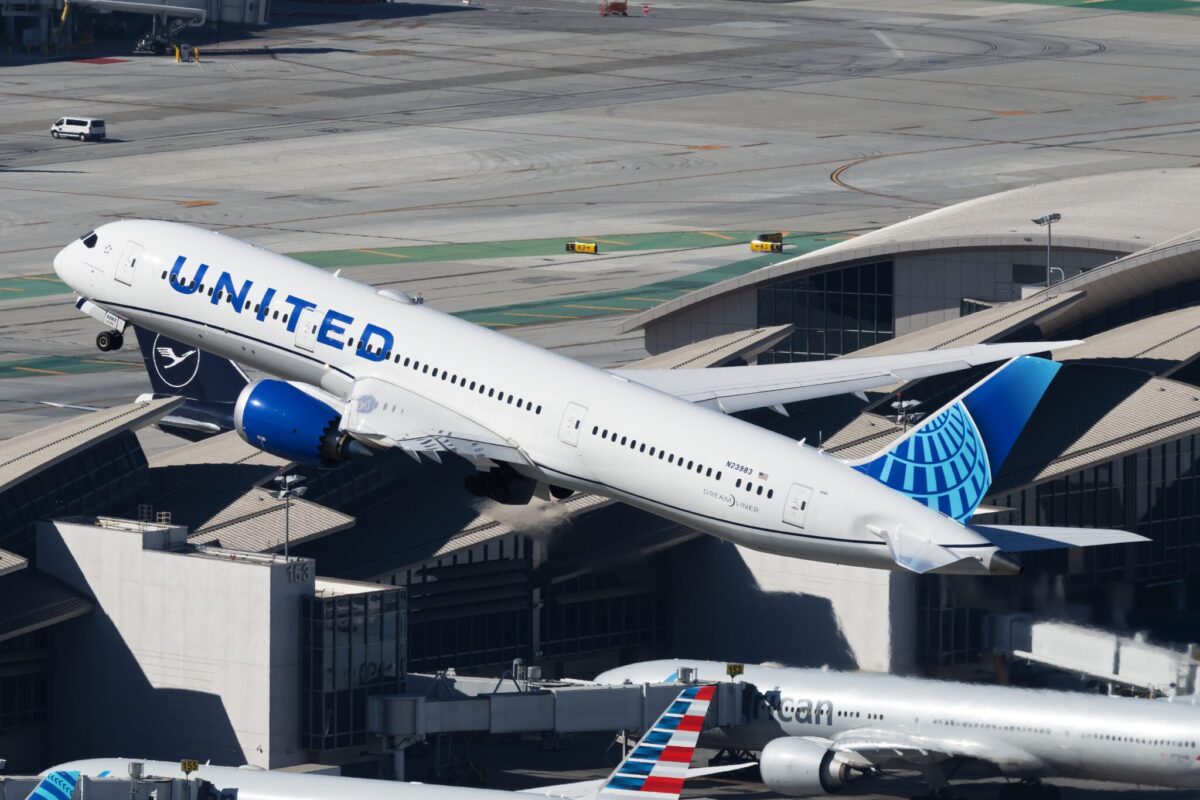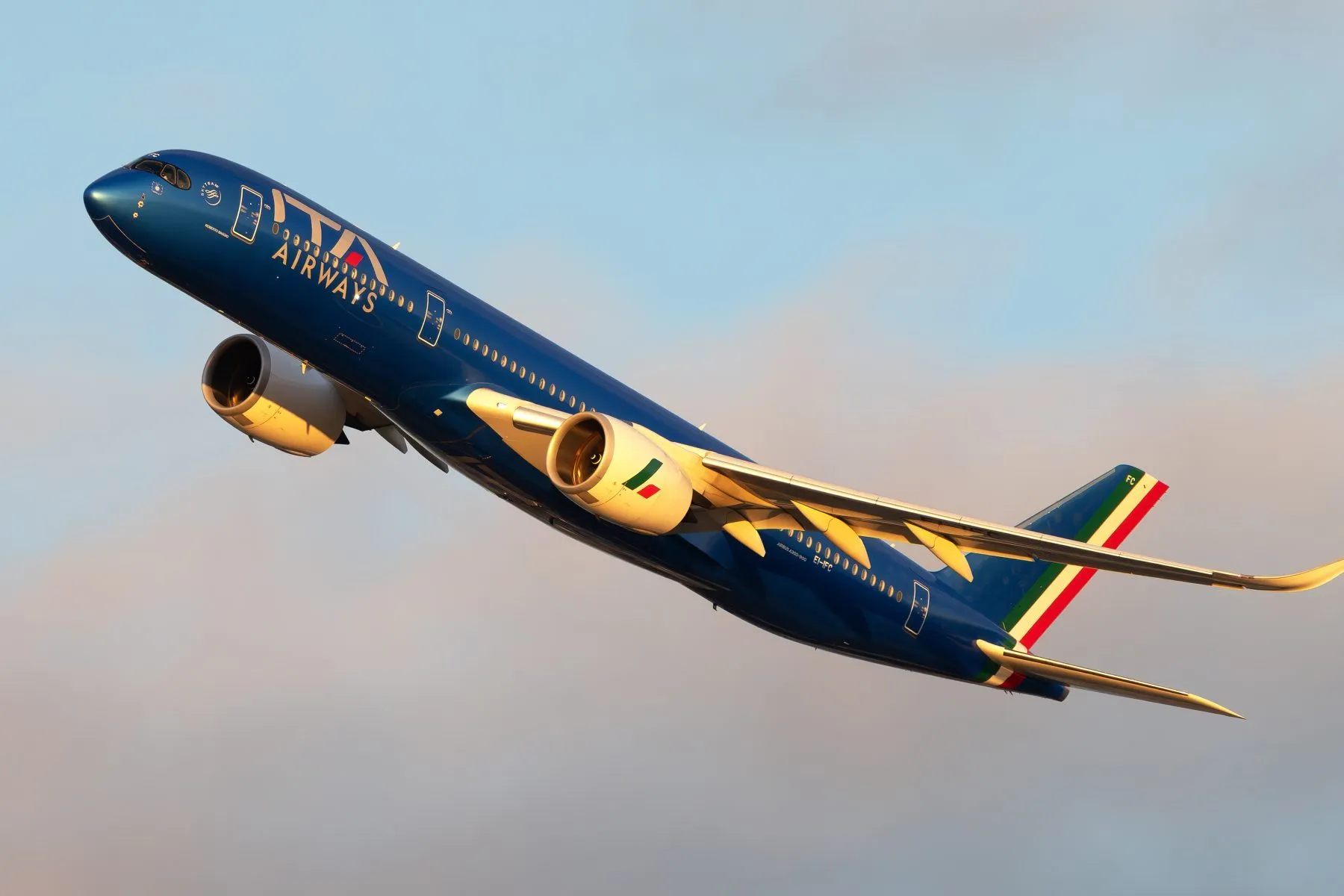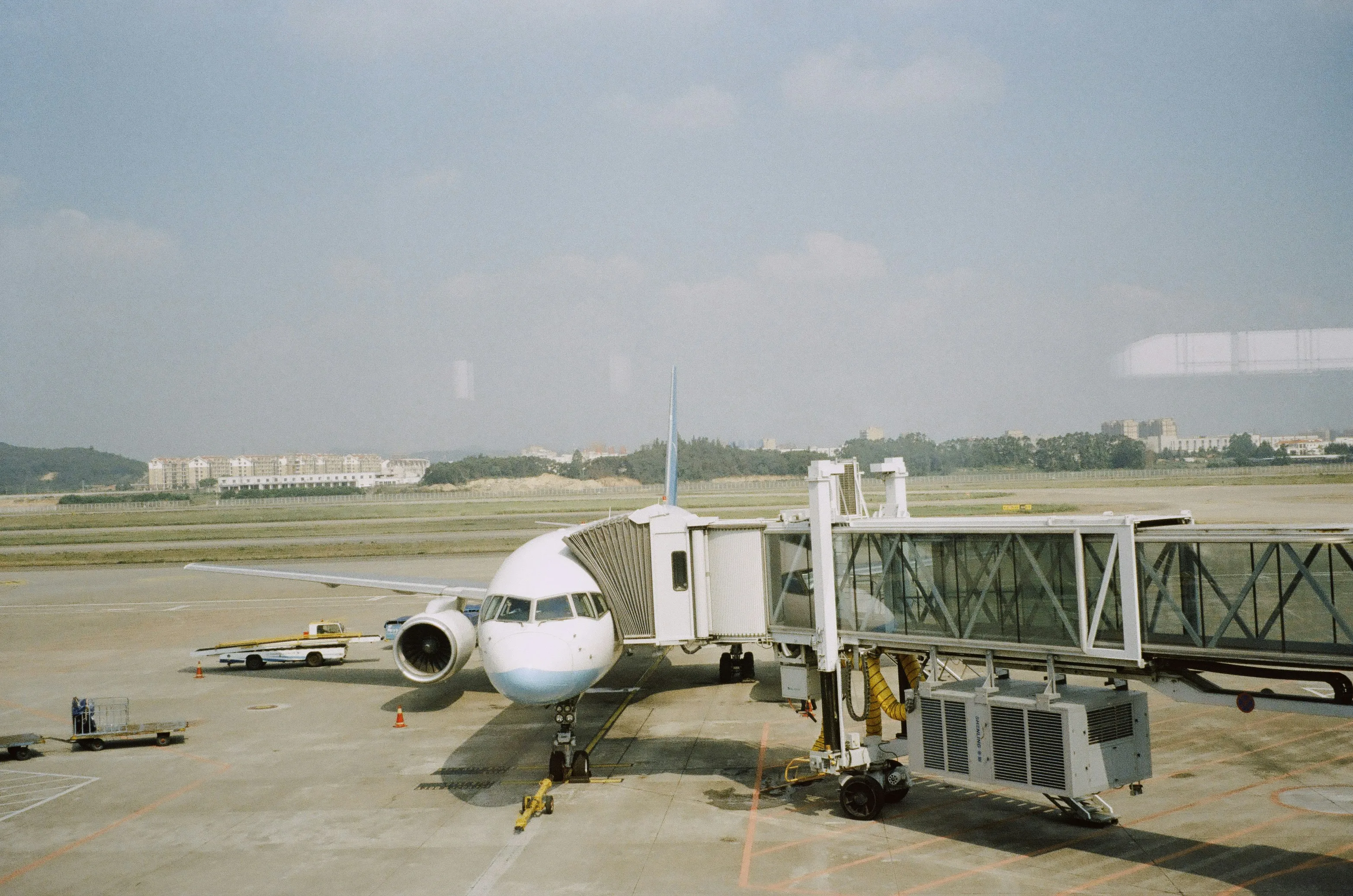Airlines Are Getting Religion About the Environment Thanks to Wall Street

Skift Take
The airline industry is getting a lot of pressure from investors and consumers to conduct operations friendlier to the planet.
That was the message conveyed by Helane Becker and Amelia DeLuca, two participants in a discussion entitled "Sustainability’s Renewed Importance" at Skift Aviation Forum on Wednesday.
"A lot of investors are starting to look at companies and their carbon footprint," Becker, an airline analyst as managing director at investment banking company Cohen, told global tourism reporter Lebawit Lily Girma. "The investors are going down the path of wanting more sustainable investment and the companies are going down the same path."
Becker added that airlines need to lead on sustainability issues immediately in order to avoid being pressured by governments. "If the airline industry doesn't take the lead on this, governments are going to and as an industry, we're not going to like the solutions."
Futhermore, DeLuca, the managing director of sustainability at Delta Air Lines — which announced last year it was committing $1 billion over the 10 years on its journey to mitigate emissions — said her airline was also receiving pressure regarding sustainability, but from employees and consumers. Indeed, a poll displayed during the discussion asking who will be the main driver of sustainability for aviation found that 57 percent of respondents believe that it will be markets and consumers.
"What are you going to do? How are you going to be a part of the solution?" she said about the message Delta is receiving as a trusted brand.
DeLuca added that airlines need to act immediately to find solutions. "If we don't do anything, we will grow to be a big part of the problem," she said about an industry that has set an ambitious target of achieving net zero emissions by 2050.
For now, Delta is seeing momentum in the corporate space in terms of sustainability solutions, Delta's DeLuca said. "At this point, we're getting close to about 20 deals that we have signed with corporate and agency customers, essentially sending those demand signals to those SAF producers to say, hey, there's a buyer for your product. And corporations can say, hey, I've got some tools in my toolkit to be able to achieve my goals."
On overtourism, a problem often partly pinned on the airlines or on cruises, Girma asked both Becker and DeLuca if aviation had a responsibility to combat the issue as passenger traffic continues to increase following the reopening of many destinations to tourism. DeLuca answered that stopping travel is not the answer.
"You don't have choose between seeing the world and saving the world," she said. "There are tools available now and there will be tools available in the future as we walk towards net zero. I think it's about holding each other accountable. It's about making sure that there are these very strong coalitions that are built to say here's the problem, here's the solution.”
Becker also didn't advocate for less travel. “Travel and tourism is a really important sector — pre pandemic it was 13% of world GDP so you can't ignore it. Being able to travel kinda makes the world a smaller place," she said, adding the Hawaii problem specifically would solve itself as more borders reopen.
In the meantime, aside from scaling up aviation fuels as the quickest way to lower carbon emissions, Becker said the airlines are addressing sustainability in a lot of different ways, including removing plastics from aircraft, and fleet renewal.
"The other thing is not so much the airlines but the government — air traffic control can be so much more efficient than it is, and I think that's one of the things that would also improve the whole carbon usage," she said, adding that there's a lot of circuitous routing that could be made more direct by using the available technology.
"I think all those things combined over the next decade, you're gonna see a lot of change."
Skift’s in-depth reporting on climate issues is made possible through the financial support of Intrepid Travel. This backing allows Skift to bring you high-quality journalism on one of the most important topics facing our planet today. Intrepid is not involved in any decisions made by Skift’s editorial team.





